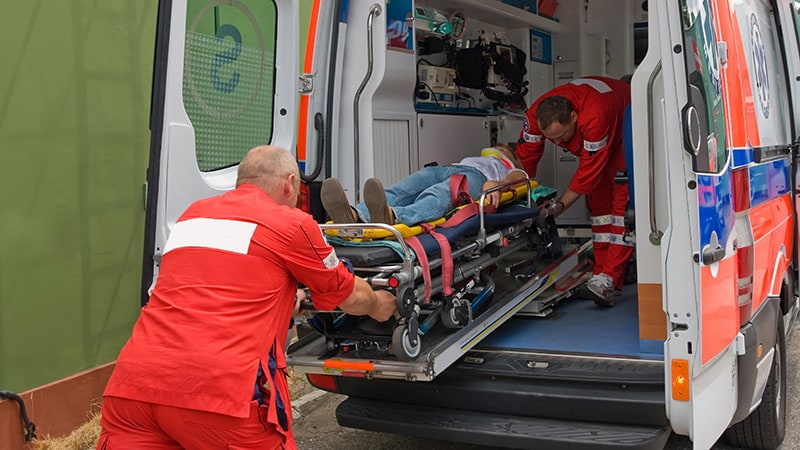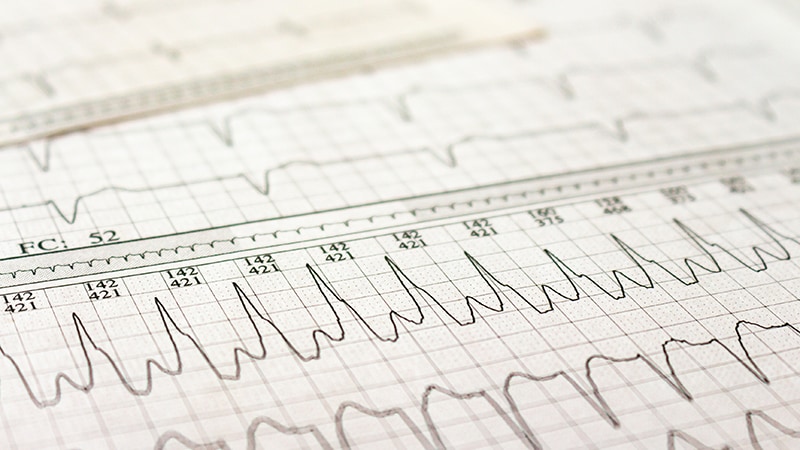Takeaway
- This study found evidence of an association between common infections and post-stroke dementia in a large cohort of UK stroke survivors.
- The association was strongest in the 3-12 months following stroke.
Why this matters
- Better understanding of the association between infections and post-stroke dementia will help to inform the development and targeting of interventions to prevent and treat infections and preserve cognitive function post-stroke.
Study design
- This population-based cohort study included 60,392 stroke survivors (51.2% male, median age, 74.3 years) with no history of dementia using data from the Clinical Practice Research Datalink (CPRD).
- Primary exposure was any general practitioners (GP)-recorded infection (lower respiratory tract infection, urinary tract infection, and skin and soft tissue infections requiring antibiotics) after stroke.
- Primary outcome: incident of all-cause dementia.
- Funding: Wellcome Intermediate Clinical Fellowship.
Key results
- A total of 44,057 GP-recorded infections after stroke were recorded among 20,969 (34.7%) patients (median, 2 infections per person [interquartile range, 1-3]).
- Overall, 4512 (7.5%) patients developed dementia 3 months to 5 years post-stroke
- 1406 (31.2%) developed early dementia (rate, 35.13 per 1000 person-years at risk [PYAR]; 95% CI, 33.34-37.02); and
- 3106 (68.8%) developed late dementia (rate, 25.80 per 1000 PYAR; 95% CI, 24.91-26.72).
- The risk of early post-stroke dementia (3 months to 1 year) was greater in those with ≥1 GP-recorded infection (HR, 1.44; 95% CI, 1.21-1.71).
- Effect estimates were higher when hospitalised infections were included either as a primary diagnosis (HR, 1.79; 95% CI, 1.52-2.11) or as any diagnosis (HR, 1.84; 95% CI, 1.58-2.14).
- Late post-stroke dementia (1-5 years) was associated with hospitalised infection (as primary diagnosis; HR, 1.36; 95% CI, 1.23-1.50) but not with GP-recorded infections (HR, 1.05; 95% CI, 0.96-1.16).
Limitations
- Study did not assess the severity and location of stroke, which may be predictors of infection and are linked to dementia risk.
This clinical summary originally appeared on Univadis, part of the Medscape Professional Network.



